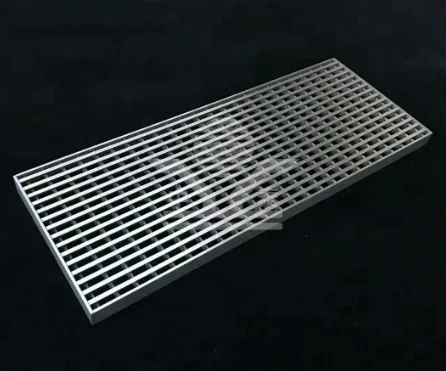The Importance of Temporary Farm Fencing
Farming is a dynamic industry that often requires flexibility and adaptability to harness the best results from both crops and livestock. One of the many tools available to farmers to achieve this flexibility is temporary farm fencing. This type of fencing serves as a crucial element for effective land management, animal control, and the protection of crops. In this article, we will explore the various applications, benefits, and best practices related to temporary farm fencing.
Applications of Temporary Farm Fencing
Temporary farm fencing is designed for short-term use, making it ideal for a variety of farming needs. One of its primary applications is in livestock management. Farmers may need to create temporary enclosures to graze animals in different pasture areas or protect newly planted crops. This can help ensure that livestock have enough forage while preventing overgrazing and allowing for proper land recovery.
Additionally, temporary fencing is useful during the setup of new fields or when rotating crops. Farmers can use it to section off areas of land, allowing for controlled growth and minimizing damage from pests or wildlife. This is especially important for organic farms where chemical deterrents may be minimized or entirely absent.
Benefits of Temporary Farm Fencing
One of the major benefits of temporary farm fencing is its cost-effectiveness. Compared to permanent fencing, which can be expensive to install and maintain, temporary fencing options are usually much less expensive and can be moved or adjusted as needed. This flexibility allows farmers to adapt their farm layout without incurring significant costs.
Moreover, temporary fencing is relatively easy to install and dismantle. Many types of temporary fencing are made from lightweight materials like plastic, wire, or metal mesh, which can be handled by just one or two people without needing heavy machinery. This ease of use makes it a practical solution when quick adjustments are necessary — for example, to protect crops from damaging winds or pests that are prevalent at certain times of the year.
Choosing the Right Temporary Fencing
temporary farm fencing

When selecting temporary farm fencing, it’s essential to consider the specific needs of your farm. Factors such as the type of livestock, the terrain, and the purpose of the fencing should guide your decision. For livestock management, PVC or electric fencing may be effective, as they can deter animals while being lightweight and portable.
In contrast, if the primary concern is protecting crops, a more robust solution such as wire fencing might be necessary to keep larger wildlife away from vulnerable areas. It’s important to assess the environmental conditions as well. For instance, areas prone to high winds may require fences that are anchored securely to withstand the elements.
Best Practices for Installing Temporary Farm Fencing
To ensure the effectiveness of temporary farm fencing, certain best practices should be followed. First, a clear plan must be outlined before installation. Identify the areas to be fenced off and the reasons for doing so. This planning phase is crucial for determining the amount and type of fencing needed.
Next, ensure that all fencing materials are in good condition. Inspect before and after use, repairing any damage to extend the life of the fencing. Ensure that the fencing is properly secured to avoid animals escaping or getting injured.
Lastly, regular monitoring and adjustments are essential. Farmers should visit the fenced areas frequently to check on both the livestock and the crops. This allows for early detection of any issues such as fence breaches or signs of overgrazing, enabling timely action.
Conclusion
Temporary farm fencing is a vital tool for modern farmers, providing flexibility and adaptability in managing land, crops, and livestock. By understanding its applications, benefits, and selecting the right type of fencing, farmers can significantly improve their agricultural practices. Whether it’s facilitating better grazing land management, protecting new crops, or adapting to changing conditions, temporary fencing can be a reliable and effective solution.
-
Why Galvanized Trench Cover Steel Grating Resists Corrosion
NewsJul.10,2025
-
The Versatility and Strength of Stainless Expanded Metal Mesh
NewsJul.10,2025
-
Load Calculations in Steel Grating Platforms
NewsJul.10,2025
-
Keeping Pets and Kids Safe with Chicken Wire Deck Railing
NewsJul.10,2025
-
Hole Diameter and Pitch for Round Perforated Metal Sheets
NewsJul.10,2025
-
Aluminium Diamond Mesh in Modern Architecture
NewsJul.10,2025
Subscribe now!
Stay up to date with the latest on Fry Steeland industry news.

